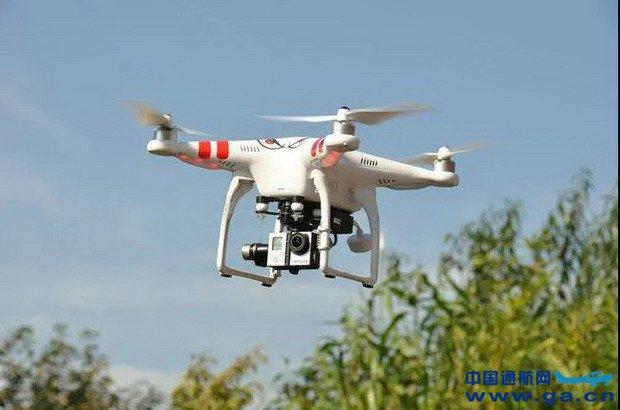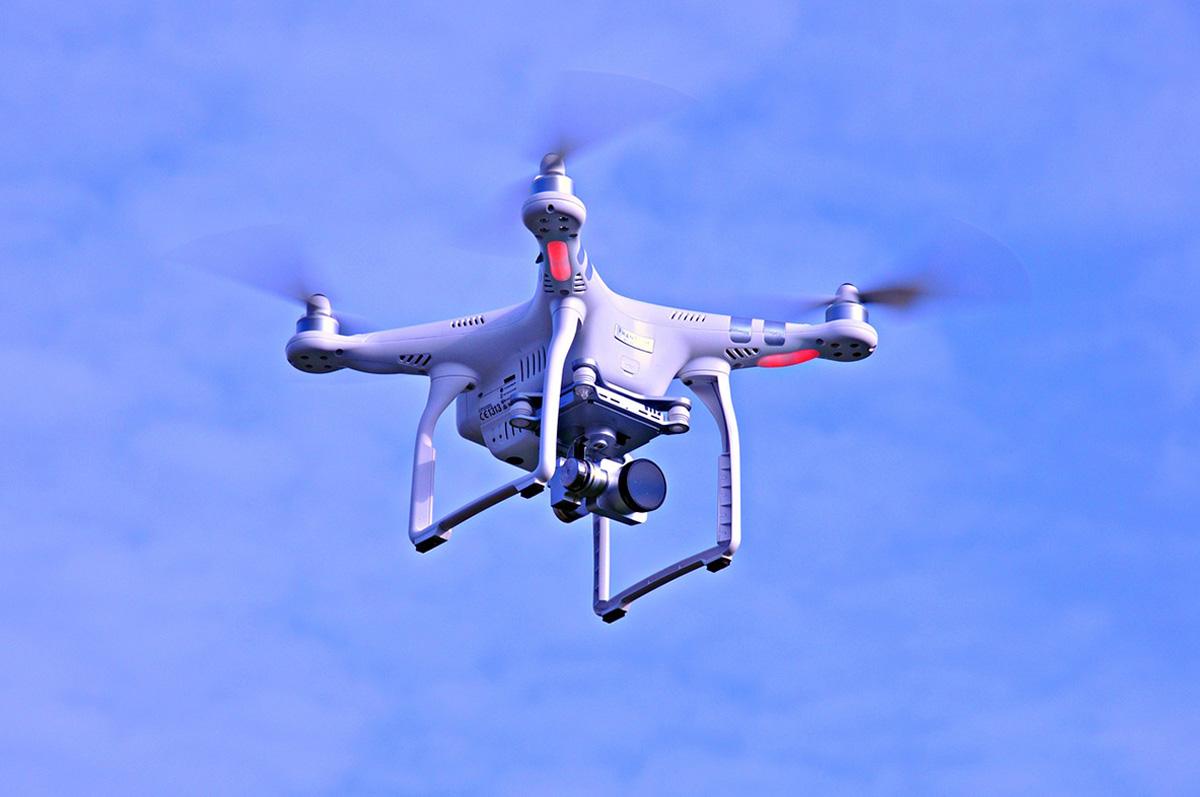Drones have become incredibly popular in recent years, offering a wide range of applications from aerial photography to package delivery. But as more people take to the skies with these innovative devices, it’s essential to understand the licensing requirements and legal guidelines involved in flying a drone. If you’re wondering, do you need a license to fly a drone, the answer largely depends on the purpose and location of your flights.
Understanding the Regulatory Scope
Before you launch your drone, you must familiarize yourself with the regulatory bodies governing drone operations. In the United States, the Federal Aviation Administration (FAA) oversees drone use and imposes specific regulations based on whether you’re operating for recreational or commercial purposes.
Recreational vs. Commercial Use
For hobbyist or recreational use, the FAA has streamlined the rules under the Recreational UAS Safety Test (TRUST). This test is mandatory for all recreational flyers and is designed to educate users on the guidelines of safe drone operations.
has streamlined the rules under the Recreational UAS Safety Test (TRUST). This test is mandatory for all recreational flyers and is designed to educate users on the guidelines of safe drone operations.
On the other hand, if you’re using a drone for business activities—such as capturing event footage for a profit or conducting surveys—a Part 107 Remote Pilot Certificate is necessary. This certificate involves a more comprehensive understanding of airspace classifications, drone operating requirements, and safety procedures.
Key Considerations for Drone Pilots
- Airspace Restrictions: Not all airspace is open for drone flights. Areas near airports and other sensitive locations may be restricted, requiring clearance from the FAA or local authorities.
- Weight Limits: Drones weighing more than 0.55 pounds (250 grams) must be registered with the FAA if flown for recreational purposes.
- Line of Sight: Pilots must maintain a visual line of sight with their drone at all times to ensure safe operations.
- Insurance: While not legally required, drone insurance is recommended to cover potential liabilities.

International Regulations
If you plan to fly your drone outside your home country, understanding international regulations is crucial. Each country has its own set of laws, and failure to comply may result in hefty fines or legal action. For instance, countries like Canada and the UK have stringent certification processes, even for recreational use.
How to Obtain a Commercial Drone License
Obtaining a Part 107 Remote Pilot Certificate involves passing an aeronautical knowledge test at an FAA-approved testing center. The test covers topics such as airspace classification, weather effects on drones, and emergency procedures. It’s advisable to take preparatory courses that offer insights into these areas to improve your chances of passing on the first attempt.
FAQs
1. Do recreational drone users need to register their drones?
Yes, if your drone weighs more than 0.55 pounds, you must register it online at the FAA’s website. The registration is valid for three years.
2. Can drones be flown at night?
Under the Part 107 rules, drones can be flown at night as long as the drone has anti-collision lighting visible up to three miles.
3. Are there penalties for flying without a license?
Yes, operating a drone commercially without the necessary license can result in significant fines and potential legal action from enforcement agencies.
